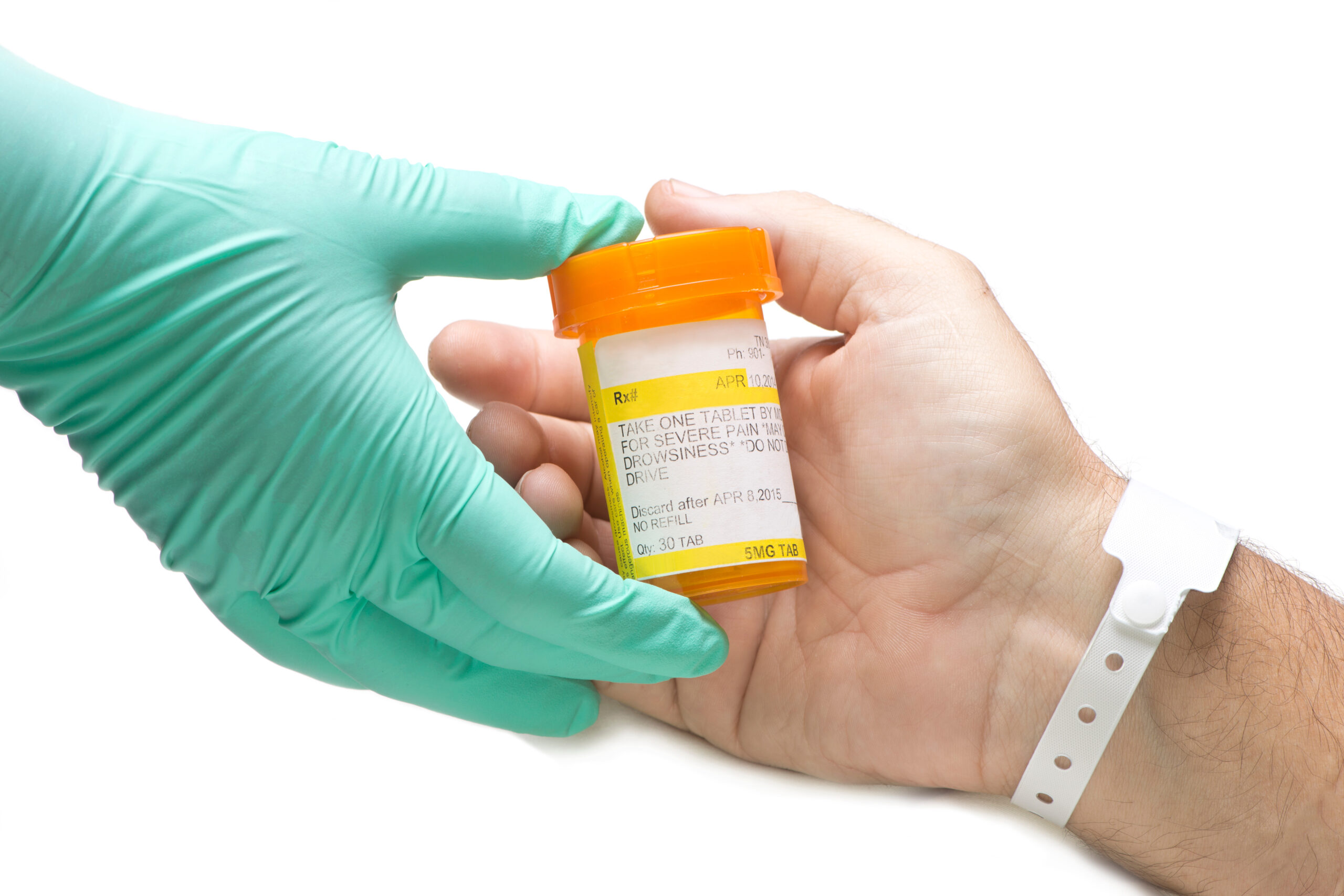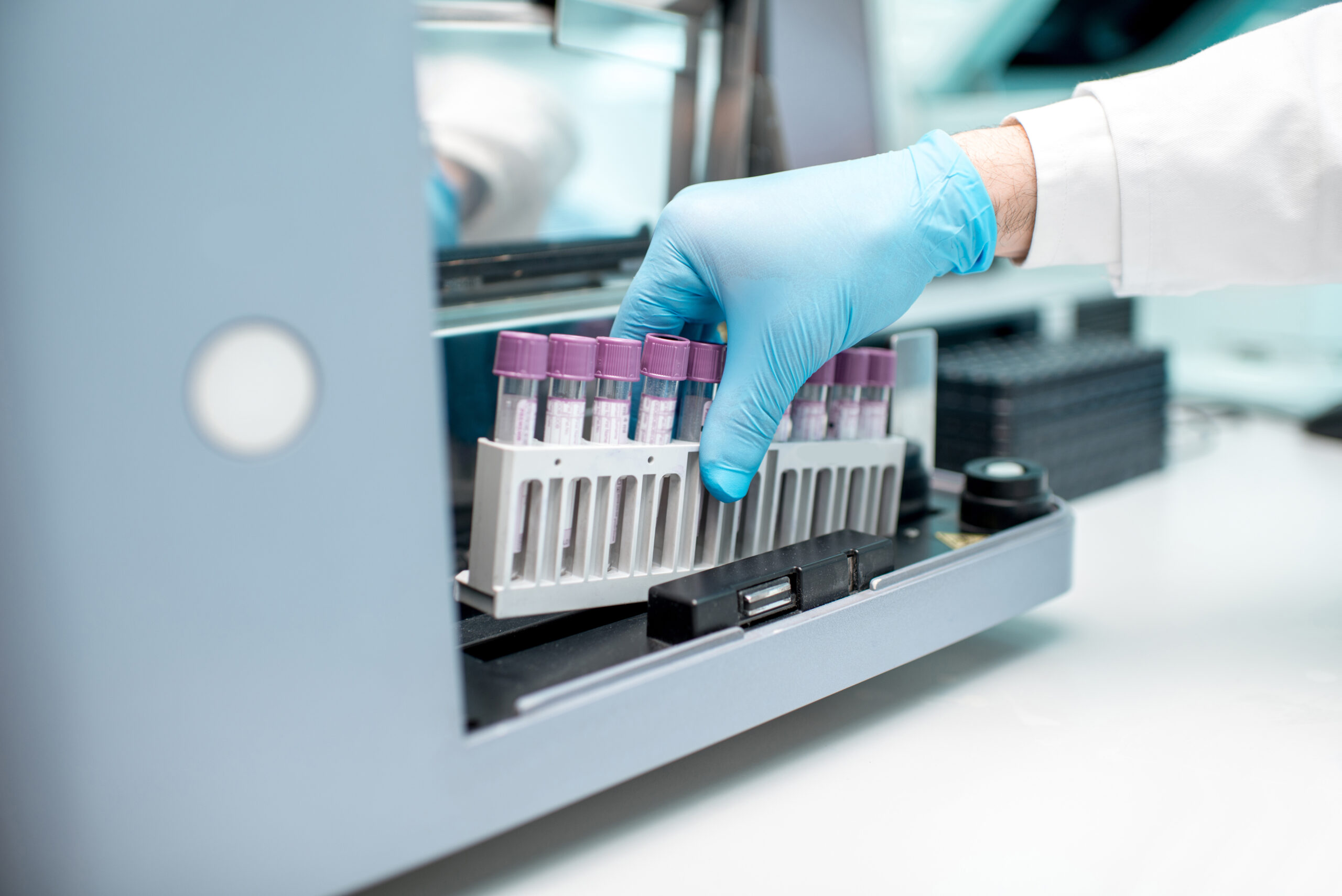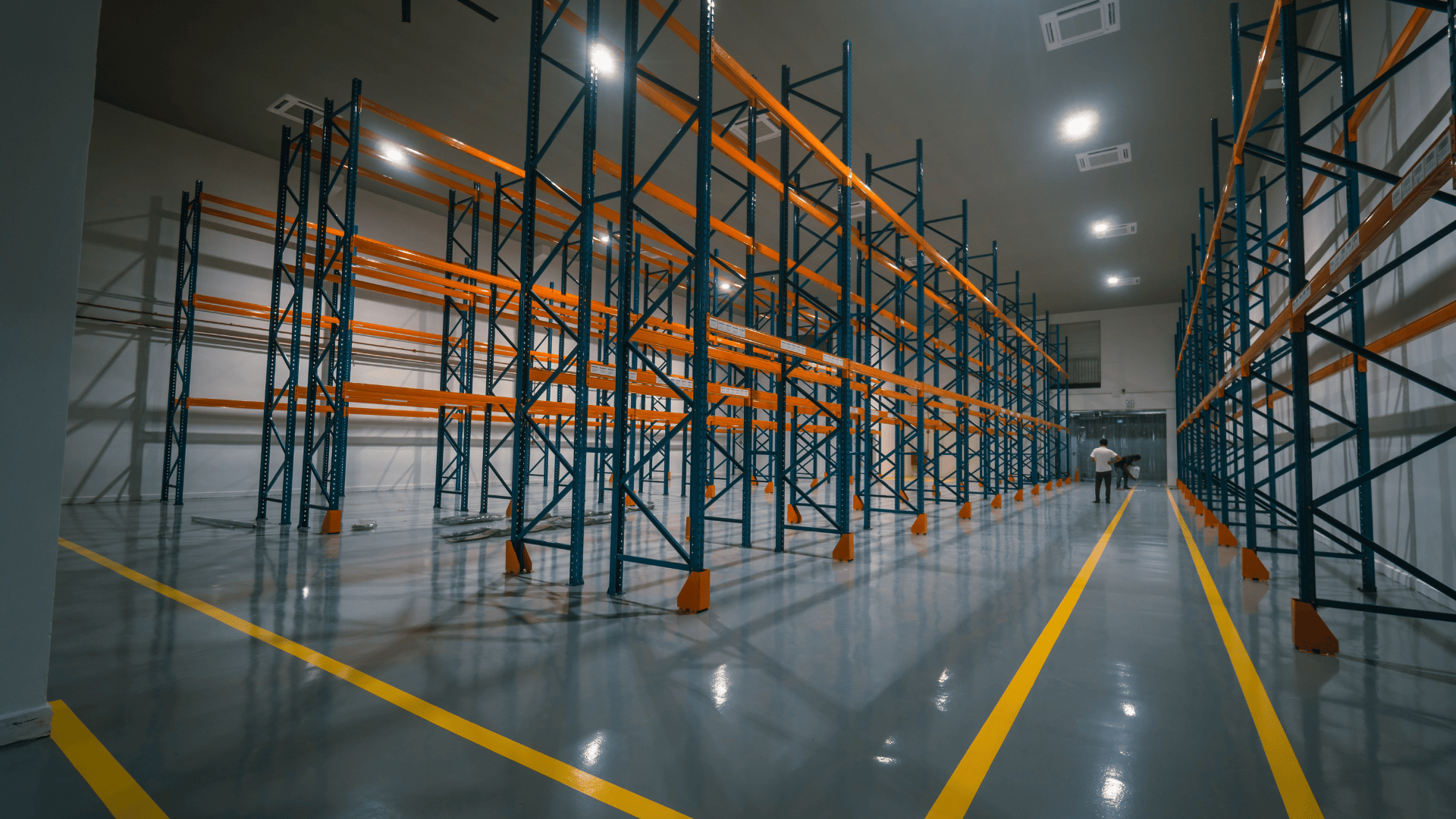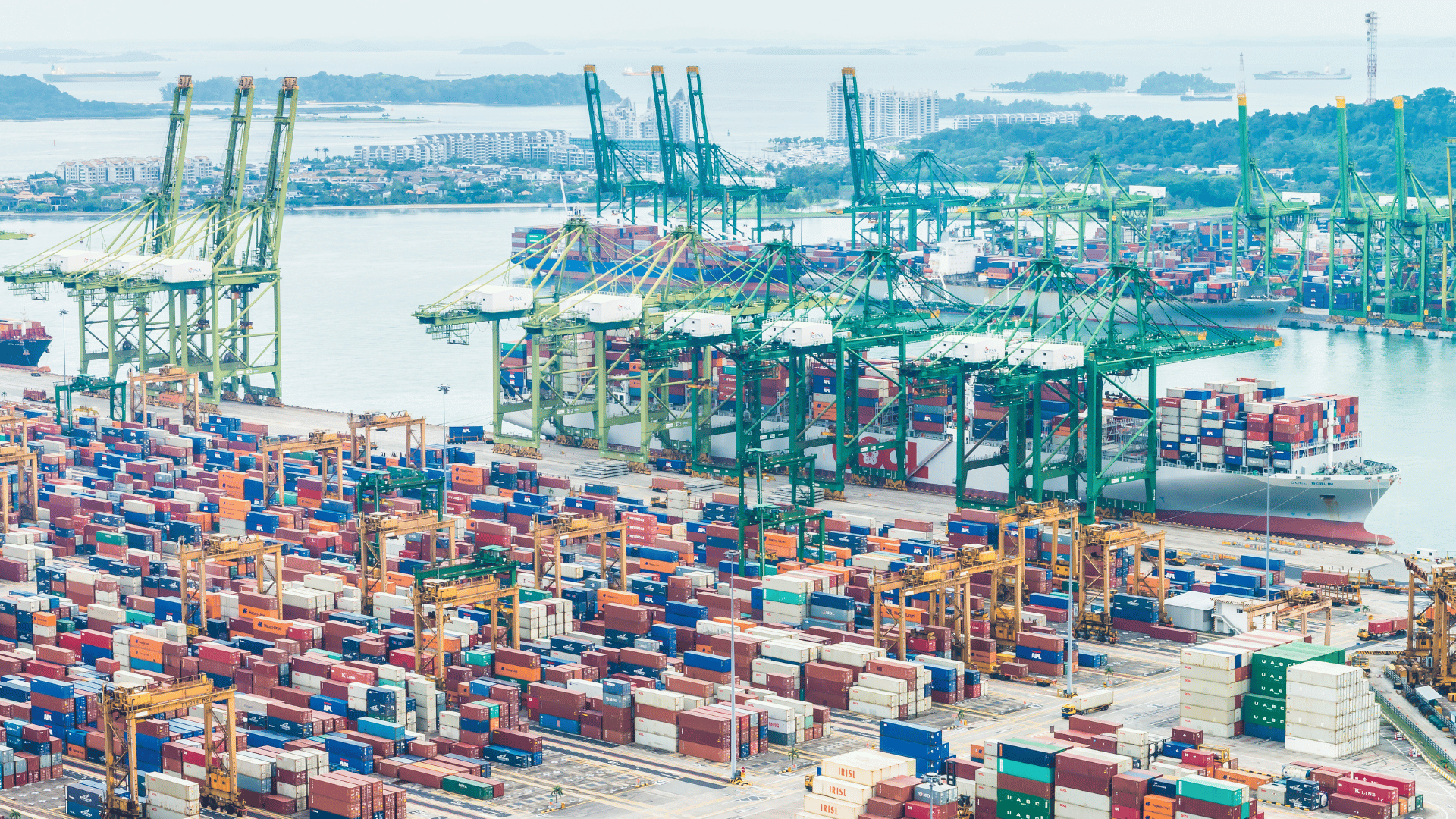Understanding the Pharmaceutical Supply Chain: From Manufacturing to Distribution
19 December 2024 | 04:02 PM

The pharmaceutical supply chain is a highly intricate and essential system, responsible for ensuring the timely and safe delivery of life-saving medications to patients. From manufacturing to distribution, this supply chain plays a vital role in maintaining product integrity, meeting regulatory requirements, and overcoming the logistical complexities involved in healthcare logistics services in Singapore. This guide explores the nuances of pharmaceutical logistics, focusing on local regulations and industry challenges.
The Complexity of Pharmaceutical Supply Chain Management
Pharmaceutical supply chain management involves a series of steps beginning with drug manufacturing and ending with distribution to healthcare providers, pharmacies, and patients. This network includes manufacturers, warehousing solutions, cold chain logistics, and transportation services, all operating under strict regulatory standards.
In Singapore, compliance with the Health Sciences Authority (HSA) is critical at every stage of the supply chain. From ensuring products meet Good Manufacturing Practices (GMP) to adhering to Good Distribution Practices (GDP), maintaining regulatory compliance ensures product quality and patient safety. Any break in this chain can lead to costly delays, recalls, or compromised patient health.
Key Components of the Pharmaceutical Supply Chain
Pharmaceutical Manufacturing
The journey begins with drug manufacturing, governed by GMP standards to ensure quality and safety. After production, medications undergo stringent HSA-approved testing before being released for distribution. Any deviations can result in rejection, affecting supply chain timelines.
Pharmaceutical Warehousing
Storage facilities play a crucial role in maintaining product integrity. For instance, biologics and vaccines require cold storage solutions to preserve efficacy. In Singapore, warehouses adhere to HSA guidelines, with temperature-controlled environments and inventory management systems to prevent shortages or oversupply.
Cold Chain Logistics
Cold chain logistics is indispensable for temperature-sensitive pharmaceuticals. In Singapore, logistics providers specialising in cold chain solutions use refrigerated trucks and insulated containers to ensure consistency during transit. These solutions comply with HSA standards, ensuring safe delivery to healthcare facilities.
Transportation and Distribution
Transportation in Singapore’s pharmaceutical supply chain involves navigating customs regulations and ensuring compliance with HSA and international guidelines. Logistics providers utilise temperature-controlled containers to maintain cold chain integrity and facilitate smooth transitions across borders.
Regulatory Compliance in Pharmaceuticals
Compliance with regulatory standards is non-negotiable in the pharmaceutical industry. Every step of the pharmaceutical supply chain, from manufacturing to warehousing and shipping, must adhere to strict guidelines set by authorities such as the Healthcare Sciences Authority and the US Food and Drug Administration.
Maintaining compliance involves ensuring that products are manufactured in accordance with Good Manufacturing Practices (GMP) and transported under Good Distribution Practices (GDP). Failing to meet these standards can lead to severe consequences, including product recalls, fines, or losing market access.
The Role of Technology in Pharmaceutical Logistics
As with most industries, technology is transforming pharmaceutical logistics. Healthcare supply chain providers are increasingly using cloud-based systems, telematics, and IoT devices to improve visibility and efficiency throughout the supply chain. Real-time data from these systems allow companies to monitor shipments, ensure they remain within required temperature ranges, and optimize delivery routes.
AI-driven predictive analytics
This is also becoming popular, helping logistics providers anticipate potential disruptions and take proactive measures to mitigate risks. These technologies improve supply chain transparency, enabling companies to maintain product quality, comply with regulatory standards, and avoid costly delays.
Challenges in the Pharmaceutical Supply Chain
While the pharmaceutical supply chain has become more sophisticated with advancements in technology, it still faces significant challenges:
- Supply Chain Visibility: Ensuring visibility throughout the supply chain is essential for maintaining the quality of pharmaceutical products. However, tracking shipments across multiple geographies and varying regulatory frameworks can be complex.
- Cold Chain Integrity: Maintaining the cold chain for temperature-sensitive products is critical but challenging, especially when dealing with longer transit times or multiple transfers during international shipping.
- Regulatory Hurdles: Compliance with varying regulations across different countries adds another layer of complexity. Pharmaceutical logistics providers need to be familiar with local laws to prevent regulatory delays.
- Inventory Management: Balancing inventory levels to meet demand without overstocking is a perpetual challenge. Healthcare supply chains need to remain flexible to adapt to market fluctuations, while still ensuring timely delivery to customers.
Looking Ahead: The Future of Pharmaceutical Logistics
Technological advancements and sustainability are shaping the future of pharmaceutical logistics. In Singapore, IoT devices and AI-driven predictive analytics are improving visibility and efficiency, while milestone tracking systems ensure compliance with GDP and HSA standards.
Sustainability is also gaining prominence, with logistics providers exploring low-emission transport options and eco-friendly packaging. These initiatives align with Singapore’s broader goals for environmental responsibility, benefiting businesses and the community.
Conclusion
The pharmaceutical supply chain in Singapore requires seamless coordination between manufacturing, warehousing, transportation, and regulatory compliance. Logistics providers play a critical role in ensuring that essential medications reach patients safely and on time, with milestone tracking and adherence to HSA standards being key components of success.
Need a trusted partner for your pharmaceutical supply chain? Contact Alliance 21 to learn how our healthcare logistics services can optimise your operations and ensure compliance with HSA and GDP standards.


